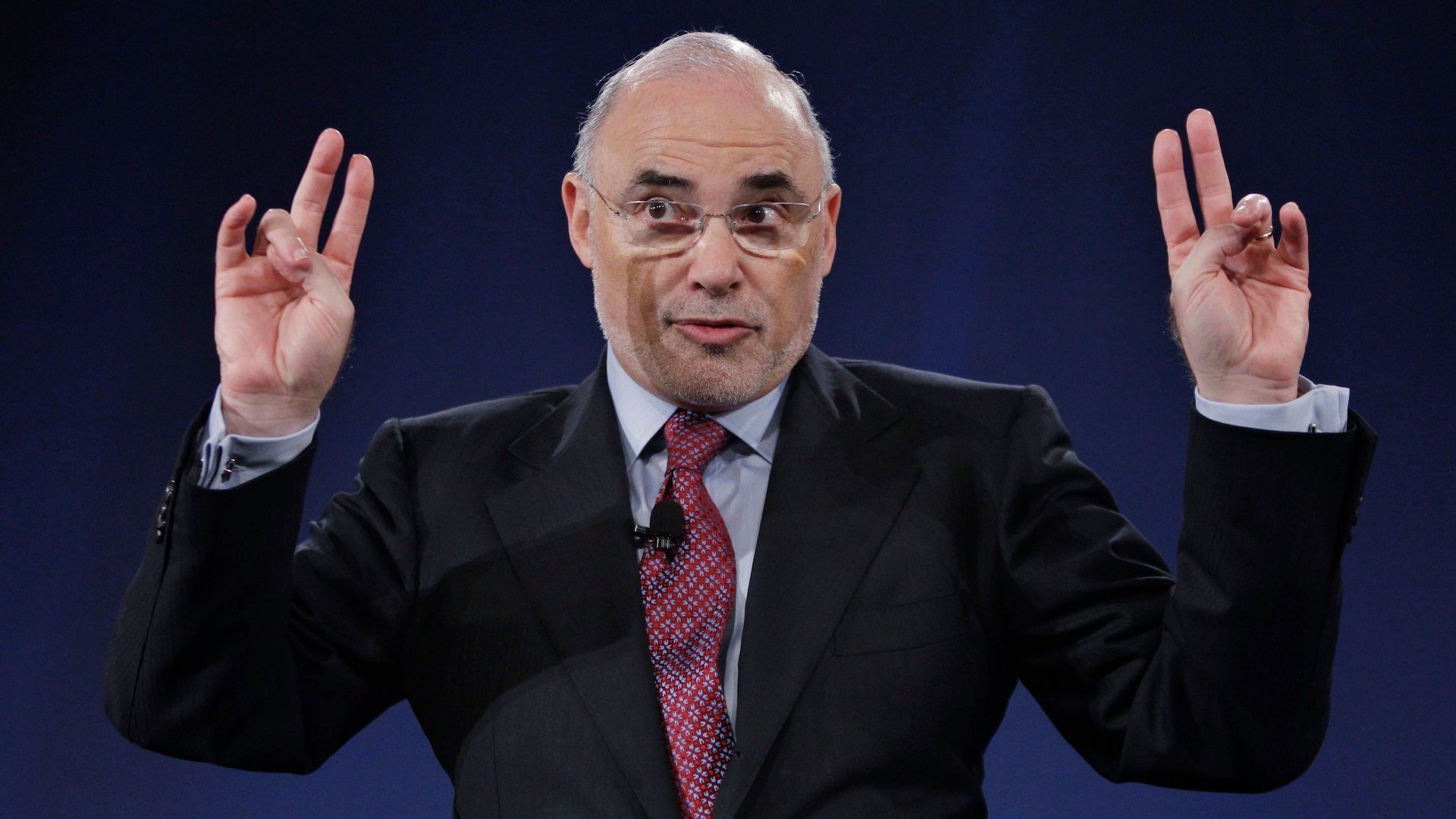Autonomy is just the latest bad egg in a misguided HP shopping spree
Hewlett Packard reported this morning that it would be forced to take an $8.8 billion write-down on a $10 billion acquisition of software company Autonomy that it made in 2011. The write-down is being seen as a part of CEO Meg Whitman’s attempts to cleanse the company of its excesses after the dealmaking binges of former chief executives Mark Hurd and Léo Apotheker.


Hewlett Packard reported this morning that it would be forced to take an $8.8 billion write-down on a $10 billion acquisition of software company Autonomy that it made in 2011. The write-down is being seen as a part of CEO Meg Whitman’s attempts to cleanse the company of its excesses after the dealmaking binges of former chief executives Mark Hurd and Léo Apotheker.
Both Hurd, through his five-year tenure, and Apotheker, who lasted less than a year, attempted to build value for HP through acquisitions. While Wall Street lauded Hurd’s quick-fire approach to M&A, in retrospect it appears that strategy was geared towards short-term profits and not long-term sustainability. Fortune’s James Bandler and Doris Burke explained in 2011:
HP had been operated with an eye toward the short term. Hurd emphasized financial management. Revenues grew largely because of acquisitions—including the Compaq deal, HP bought 86 companies under Carly Fiorina and Hurd—and profits multiplied mostly because of Hurd’s ferocious cost-cutting and growth in the PC business.
Investors seemed to finally wise up to HP’s strategy during the Autonomy acquisition. Analysts were wary of the purchase from the start, beginning a downward spiral that ultimately led to Apotheker’s resignation (paywall), according to the New York Times:
The same day that Mr. Apotheker named Mr. Visentin to head services, he also said he was buying the British software company Autonomy for $10.6 billion in cash, a price many analysts thought was too high, and was thinking about selling Hewlett-Packard’s personal computer business, the world’s largest. The stock fell sharply after those announcements, leading to Mr. Apotheker’s resignation. Under his tenure, H.P. lost about $30 billion in market capitalization.
HP has accused Autonomy of “serious accounting improprieties, disclosure failures and outright misrepresentations” and asked the Securities Exchange Commission and the UK’s Serious Fraud Office to investigate. (Autonomy’s former chief executive “flatly rejects” the claims.) Perhaps, the Wall Street Journal points out, HP would have avoided the trouble if it had used Autonomy’s own software, which according to its marketing, “eliminates the corporate blind spots and information silos that allow risk to pass undetected until the damage is done.”
Whether or not Autonomy has actually broken the rules, the bigger question is whether HP can now start to put its past behind it. In May the company announced a $1.2 billion write-down on the value of Compaq, which it had bought a decade earlier, and just last quarter, an $8 billion charge on its $14 billion purchase of EDS in 2008. Whitman last month unveiled a plan for restructuring the company and warned that it will be a long hard slog, including the loss of 29,000 jobs next year, and markets were unimpressed (paywall). Their reaction to the latest write-down may also be partly due to the other bad news contained in the earnings report: revenue in HP’s core businesses was down year-on-year. And as the FT’s Lex column put it, when you look at what the company is made up of after all those acquisitions, it’s not promising:
First: businesses in industries facing secular stagnation or decline (personal computers and printing). Second: businesses where HP is in a notably weak competitive position (services and software). Third: businesses threatened by commoditisation (enterprise hardware).
Is the worst now over, or are more horrible surprises to come?